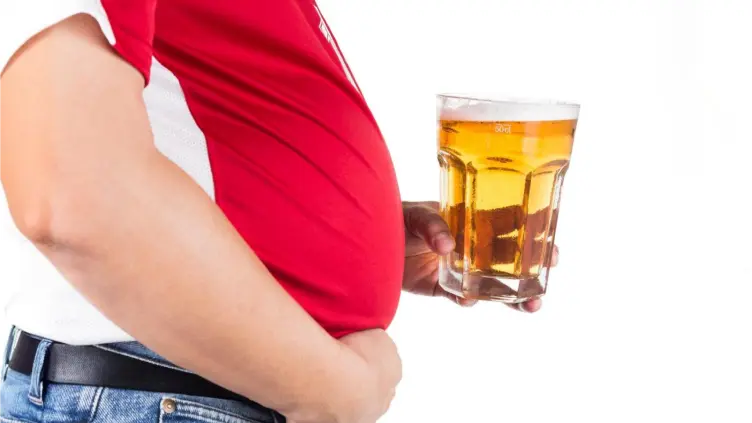
332
IBS is a chronic gastrointestinal disorder that affects the large intestine, causing symptoms such as abdominal pain or discomfort, bloating, gas, diarrhoea or constipation. For individuals with IBS, managing symptoms often involves making dietary and lifestyle changes. One area of concern for many people with IBS is the consumption of alcohol. This article explores the relationship between IBS and alcohol, the potential impacts of alcohol on IBS symptoms, and tips for managing alcohol consumption if you have IBS.
Alcohol is known to have various effects on the digestive system, which can exacerbate IBS symptoms:
Irritation of the Gut Lining: Alcohol can irritate the lining of the gut, leading to increased inflammation and discomfort. This irritation can be particularly problematic for individuals with IBS, as their digestive systems are already sensitive.
Changes in Gut Motility: Alcohol can alter the normal motility of the gastrointestinal tract, either speeding it up or slowing it down. This can result in diarrhoea or constipation, both of which are common symptoms of IBS.
Impact on Gut Microbiota: Alcohol consumption can affect the balance of bacteria in the gut. A healthy gut microbiota is essential for normal digestive function, and disruptions in this balance can worsen IBS symptoms.
Dehydration: Alcohol is a diuretic, which means it increases urine production and can lead to dehydration. Dehydration can cause or exacerbate constipation, another common issue for those with IBS.
Different types of alcohol can have varying effects on IBS symptoms. Here’s a closer look at how different alcoholic beverages might impact your IBS:
Beer: Beer contains both alcohol and carbonation, both of which can be problematic for individuals with IBS. The carbonation can cause bloating and gas, while the alcohol can irritate the gut lining and alter gut motility.
Wine: While wine is often considered a gentler option compared to other alcoholic beverages, it can still trigger IBS symptoms in some people. Red wine, in particular, contains tannins, which can be irritating to the gut. Additionally, wine can contain sugars and sulfites, both of which can be problematic for those with IBS.
Spirits: Hard liquors like vodka, rum, and whiskey can be easier on the gut for some individuals, especially when consumed in moderation and mixed with non-carbonated, non-sugary mixers. However, the high alcohol content can still pose risks for gut irritation and changes in gut motility.
While Dailybloom IBS always suggests not consuming alcohol to manage the condition, if you choose to do so, there are strategies you can employ to minimise the impact on your symptoms:
Know Your Triggers: Keep track of which alcoholic beverages and mixers trigger your IBS symptoms. This can help you make more informed choices about what to drink and what to avoid.
Moderation is Key: Limit your alcohol intake to avoid overwhelming your digestive system. Drinking in moderation can help reduce the likelihood of triggering IBS symptoms.
Stay Hydrated: Drink plenty of water before, during, and after consuming alcohol to stay hydrated and help mitigate the dehydrating effects of alcohol.
Avoid Mixers with High-FODMAP Ingredients: Many mixers, such as fruit juices, sodas, and syrups, contain high-FODMAP ingredients that can trigger IBS symptoms. Opt for low-FODMAP mixers like water, club soda, or cranberry juice.
Eat Before Drinking: Consuming alcohol on an empty stomach can exacerbate its effects on the digestive system. Eat a balanced, low-FODMAP meal before drinking to help protect your gut.
Alcohol poses unique challenges for individuals with IBS. Understanding how different types of alcohol and mixers affect your symptoms, and employing strategies to mitigate these effects, can help you manage your IBS more effectively. While the best strategy is to avoid alcohol altogether, if you must partake, follow these tips to not compromise your digestive health.
